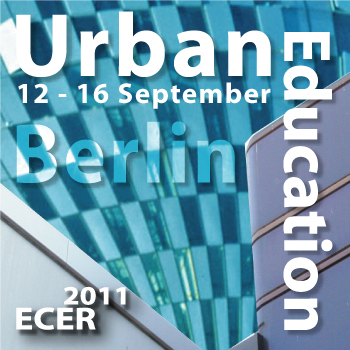Rituals in Education: The Berlin Study on Rituals and Gestures
Tuesday 13 September, 16:00-17:00
Hörsaal 1A
What role do rituals play in the genesis of the social dimension in people’s lives in contemporary society? Answering this question is what the Berlin Study on Rituals, a study which has been conducted over the past eleven years and conceived for a total duration of twelve years, aims to do. The research focuses upon the importance and meaning of rituals for the learning and educational processes of children and adolescents, drawing on rituals from four areas of socialization, namely family, school, children’s and youth culture, and media. Empirically, the study’s main focus is on the children of an inner-city elementary school and their families, where the research is confronted with the usual conditions prevalent at such inner-city schools: about 300 pupils from 15 different ethnic communities. The school in question is an innovative UNESCO model school with an excellent principal and a very active and competent teaching body. The results of this ethnographic project are extensive and can only be covered cursorily in the framework of this presentation. I will present five lessons from this project.
Christoph Wulf et. al. Ritual and Identity. The staging and performing of rituals in the lives of young people. London: the Tufnell press. 2010.
Prof. Dr. Christoph Wulf

Christoph Wulf is Professor of Anthropology and Education and a member of the Interdisciplinary Centre for Historical Anthropology, the Collaborative Research Centre (SFB) “Cultures of Performance,” the Cluster of Excellence “Languages of Emotion,” and the Graduate School “InterArts” at the Freie Universität Berlin. His books have been translated into 15 languages. For his research in anthropology and anthropology of education, he received the title “professor honoris causa” from the University of Bucharest. He is Vice President of the German Commission for UNESCO.
